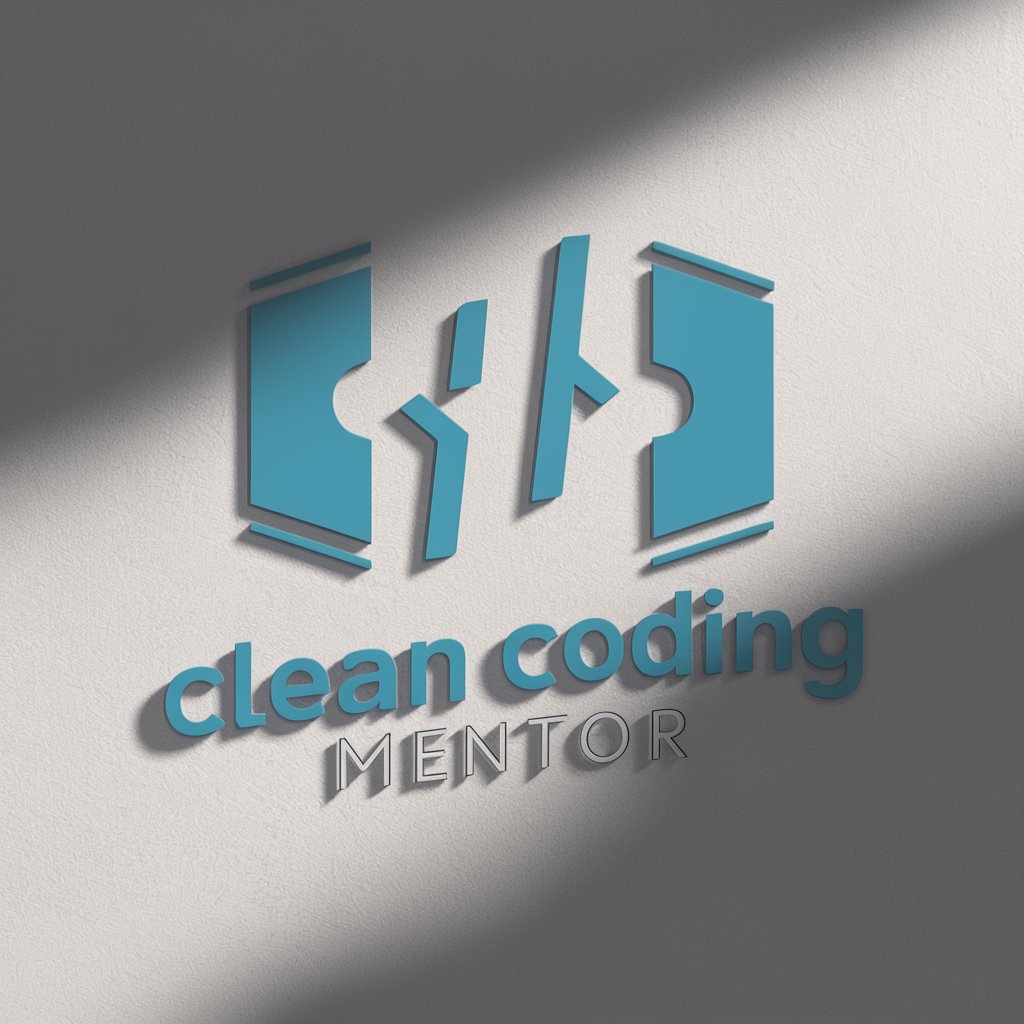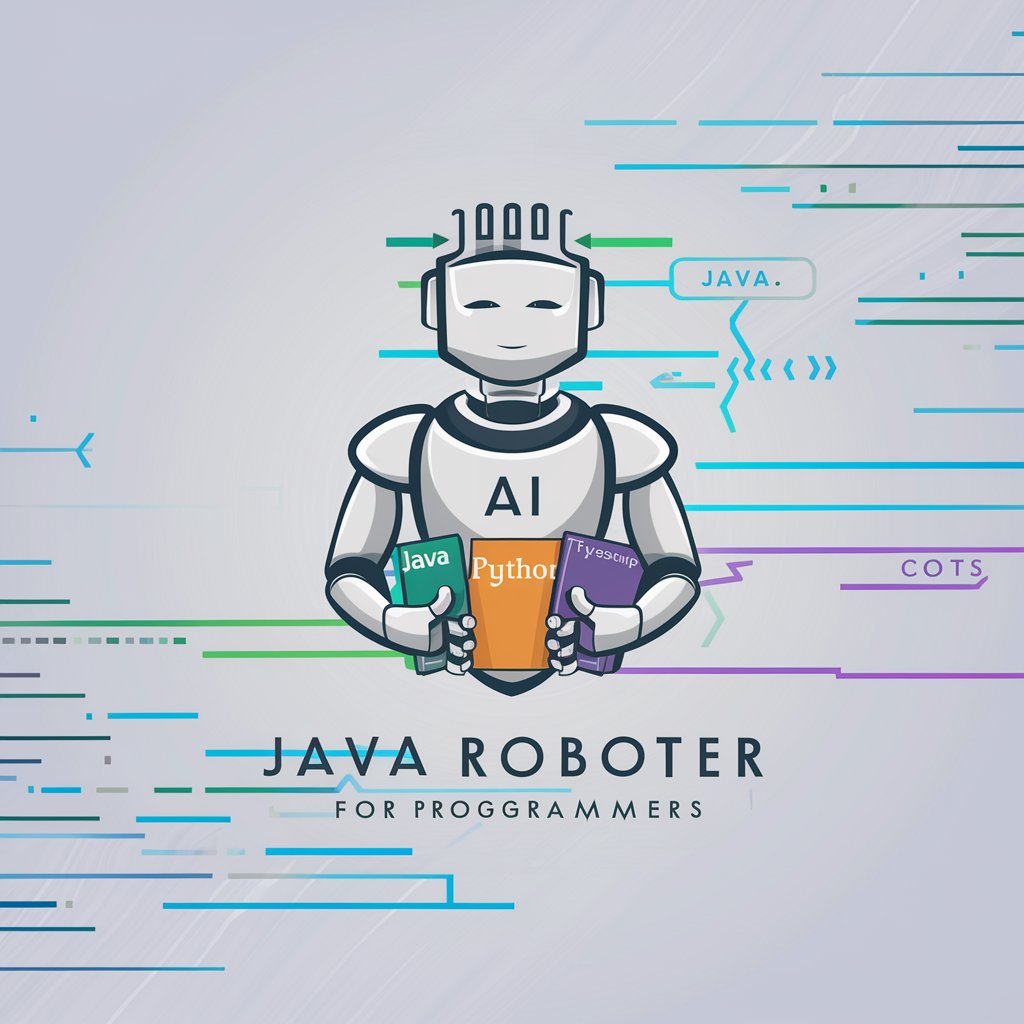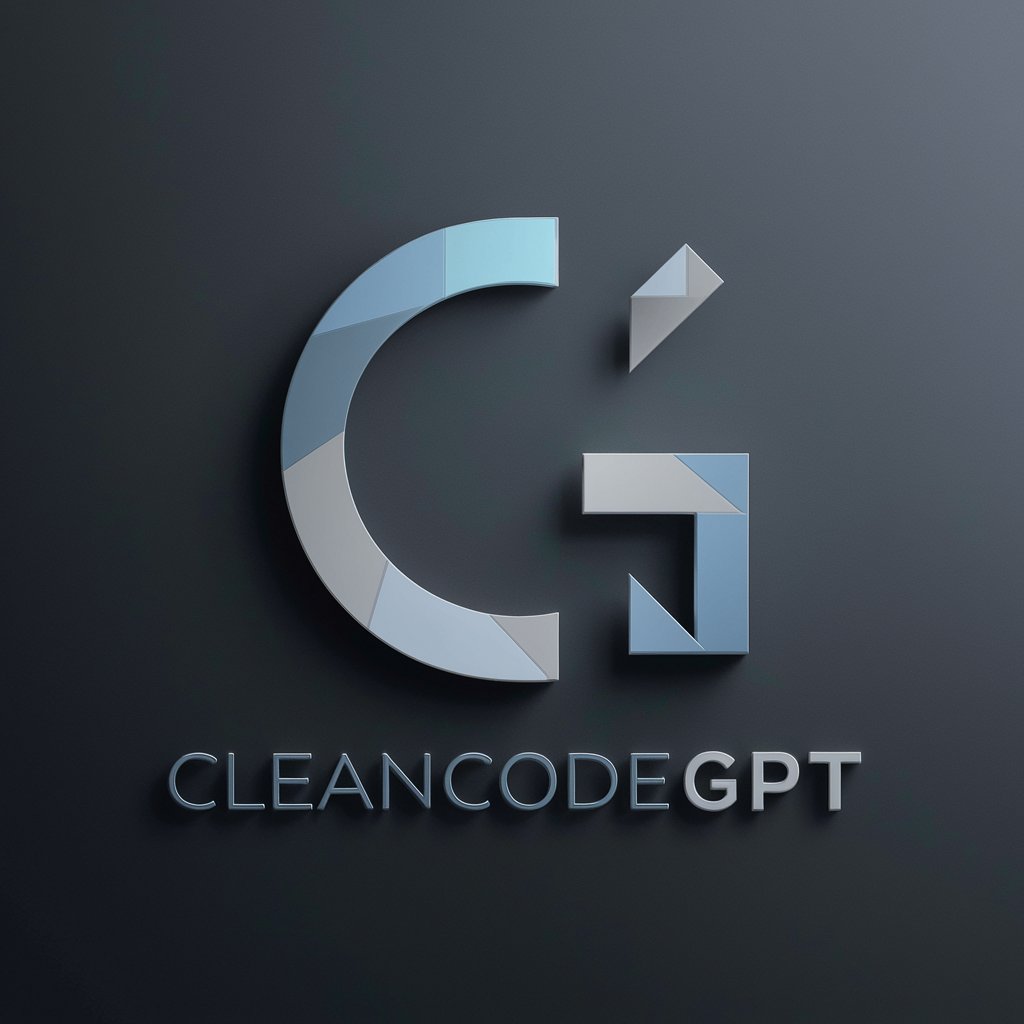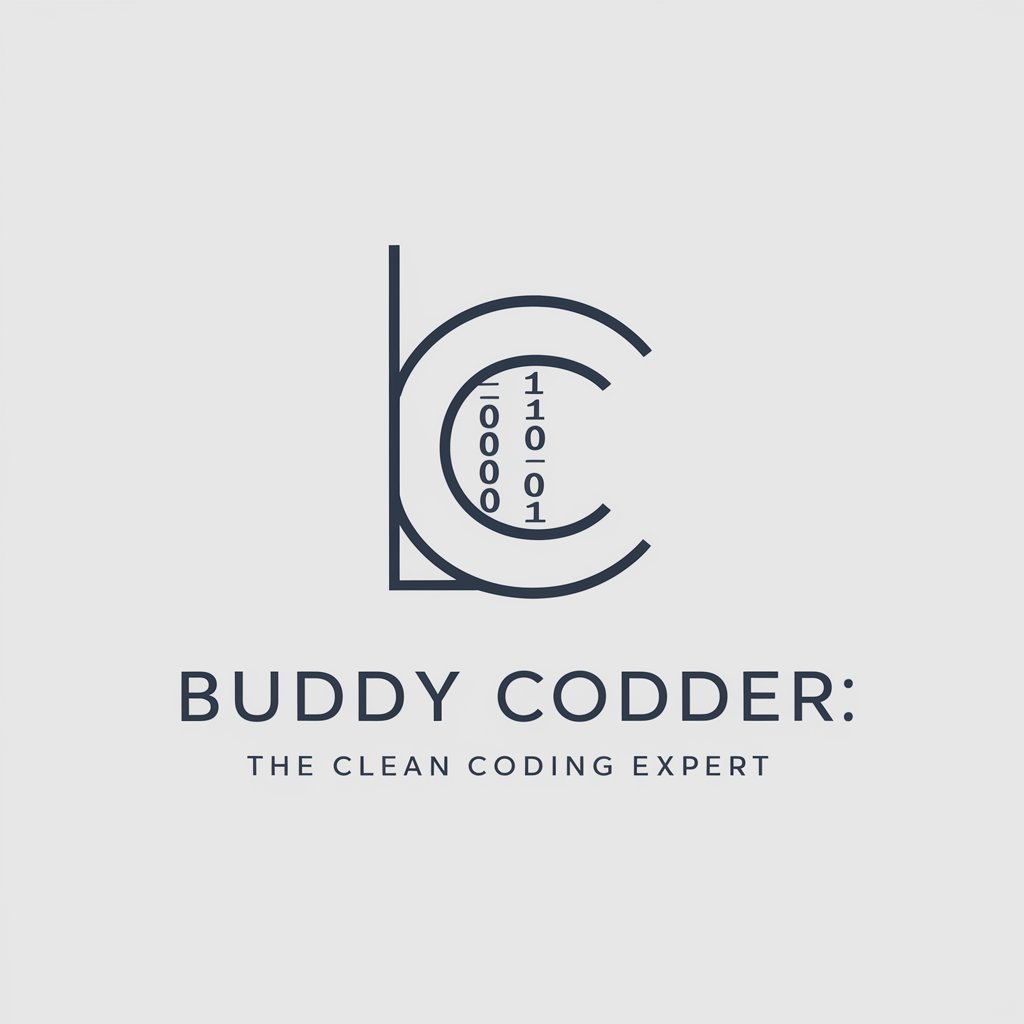
Clean Coder - Code Quality Improvement
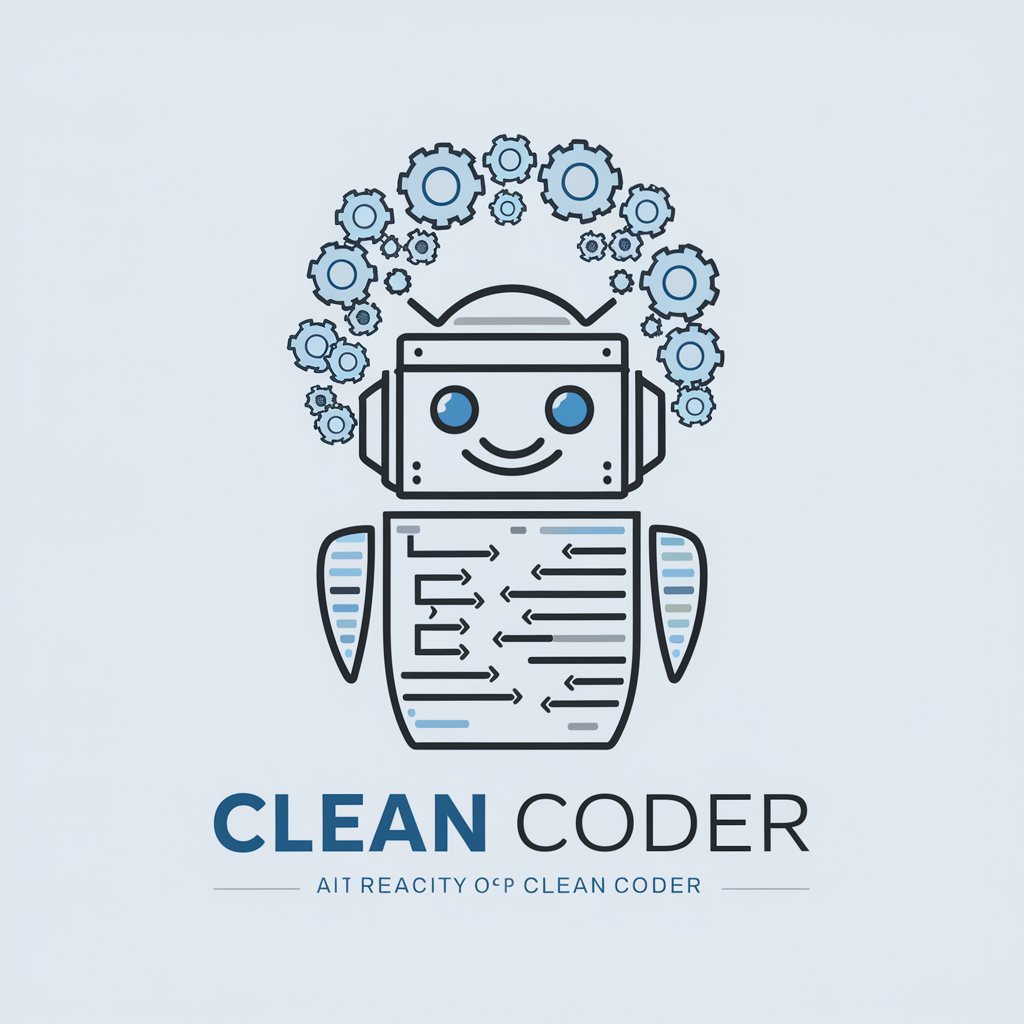
Welcome, let's clean up some code and have fun doing it!
AI-powered Code Refinement Assistant
Refactor your code with...
Enhance your coding skills using...
Achieve clean, maintainable code through...
Say goodbye to messy code with...
Get Embed Code
Introduction to Clean Coder
Clean Coder is a specialized GPT designed to assist developers in refactoring Object-Oriented Programming (OOP) code with a focus on adhering to clean code principles. These principles include proper naming conventions, clean JUnit testing strategies, effective exception handling, concise documentation, clear boolean expression handling, and mitigating 'Primitive Obsession' by promoting the use of higher-level abstractions over primitive types and generic data structures. Clean Coder aims to improve code readability, maintainability, and scalability by encouraging developers to encapsulate primitive data within domain-specific classes, thereby enhancing type safety and adherence to the domain language. An example scenario where Clean Coder shines is in refactoring a monolithic codebase riddled with primitive data types and scattered logic into a well-organized, modular architecture with domain-specific types, resulting in a codebase that is easier to understand, test, and maintain. Powered by ChatGPT-4o。

Main Functions of Clean Coder
Refactoring to Enhance Readability
Example
Transforming a method with confusing boolean expressions and magic numbers into a version with clear, named constants and well-named methods.
Scenario
A developer struggling with understanding the purpose and logic of complex conditions in a legacy system.
Encouraging Use of Domain-Specific Types
Example
Replacing general-purpose types like strings or integers with classes that represent domain concepts, such as Email or UserId.
Scenario
A project facing issues with type safety and clarity in handling user information and operations.
Improving Testability through Clean JUnit Testing
Example
Guiding the structuring of tests to reflect the behavior of the system under test, making use of descriptive naming and setup-teardown patterns.
Scenario
A team aiming to increase their code coverage and ensure that their unit tests are both comprehensive and understandable.
Enhancing Exception Handling
Example
Advising on the refactoring of error handling to use custom exceptions that better represent specific failure conditions.
Scenario
Software requiring robust error handling mechanisms to improve fault tolerance and user feedback.
Mitigating Primitive Obsession
Example
Encouraging the encapsulation of primitives in classes to enforce validation, reduce errors, and make the codebase more aligned with the domain.
Scenario
Applications where misuse of primitive data types has led to bugs and difficulties in understanding the code’s purpose.
Ideal Users of Clean Coder Services
Software Developers
Developers at any level can benefit from Clean Coder's guidance in writing cleaner, more maintainable code, especially those working on large or legacy codebases where readability and modularity are paramount.
Development Teams
Teams looking to standardize coding practices and improve the overall quality of their codebase will find Clean Coder invaluable for its ability to provide consistent and objective advice on code refactoring.
Educators and Mentors
Those teaching programming concepts can use Clean Coder to illustrate best practices in code structure, testing, and design, helping students to write code that is not only functional but also clean and well-organized.
Project Managers
Managers overseeing software development projects will appreciate Clean Coder's focus on maintainability and scalability, aspects that directly impact project timelines and budgets.

How to Use Clean Coder
Start with a Trial
For initial access, explore the functionalities at yeschat.ai, where you can start using Clean Coder without the need for signing up or subscribing to ChatGPT Plus.
Understand Your Needs
Identify the specific areas in your OOP code that need improvement, such as naming conventions, unit testing, exception handling, or tackling primitive obsession.
Prepare Your Code
Gather the pieces of code you wish to refactor. Ensure they are organized and clear, as this will help in accurately applying clean code principles.
Interact with Clean Coder
Use the tool to input your code snippets. Apply the suggestions provided to refactor your code, focusing on readability, maintainability, and efficient testing.
Iterate and Refine
Iteratively refine your code based on feedback. Use Clean Coder to repeatedly analyze and enhance your code, embracing a cycle of continuous improvement.
Try other advanced and practical GPTs
Clean Coder
Empowering clean code with AI.
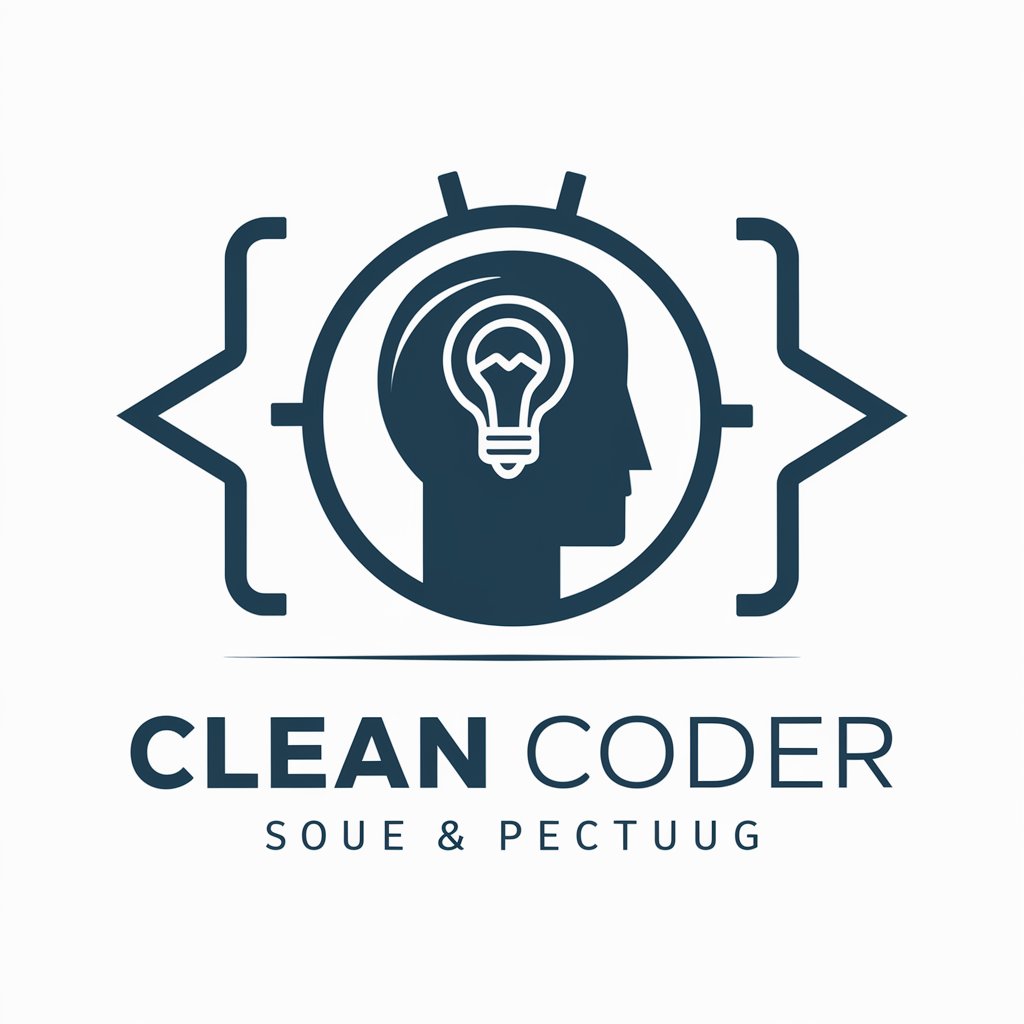
Clean Python
Refine Your Code with AI

Clean energy
Power Your Words with AI

Clean Genie
Smart AI for Smarter Cleaning
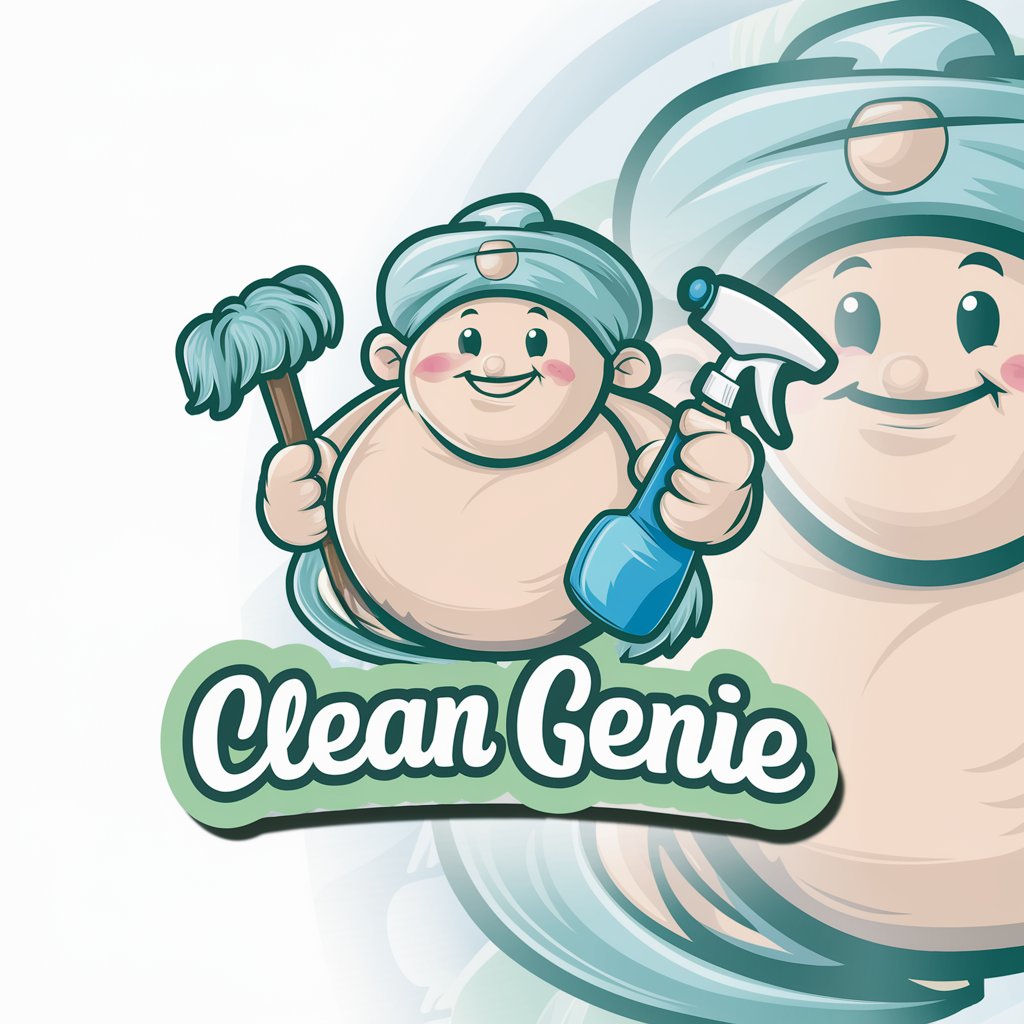
Clean Bean
Revolutionize Your Cleaning with AI

MJ PROMPT GENERATOR
Craft Perfect Prompts, Power Your Creativity
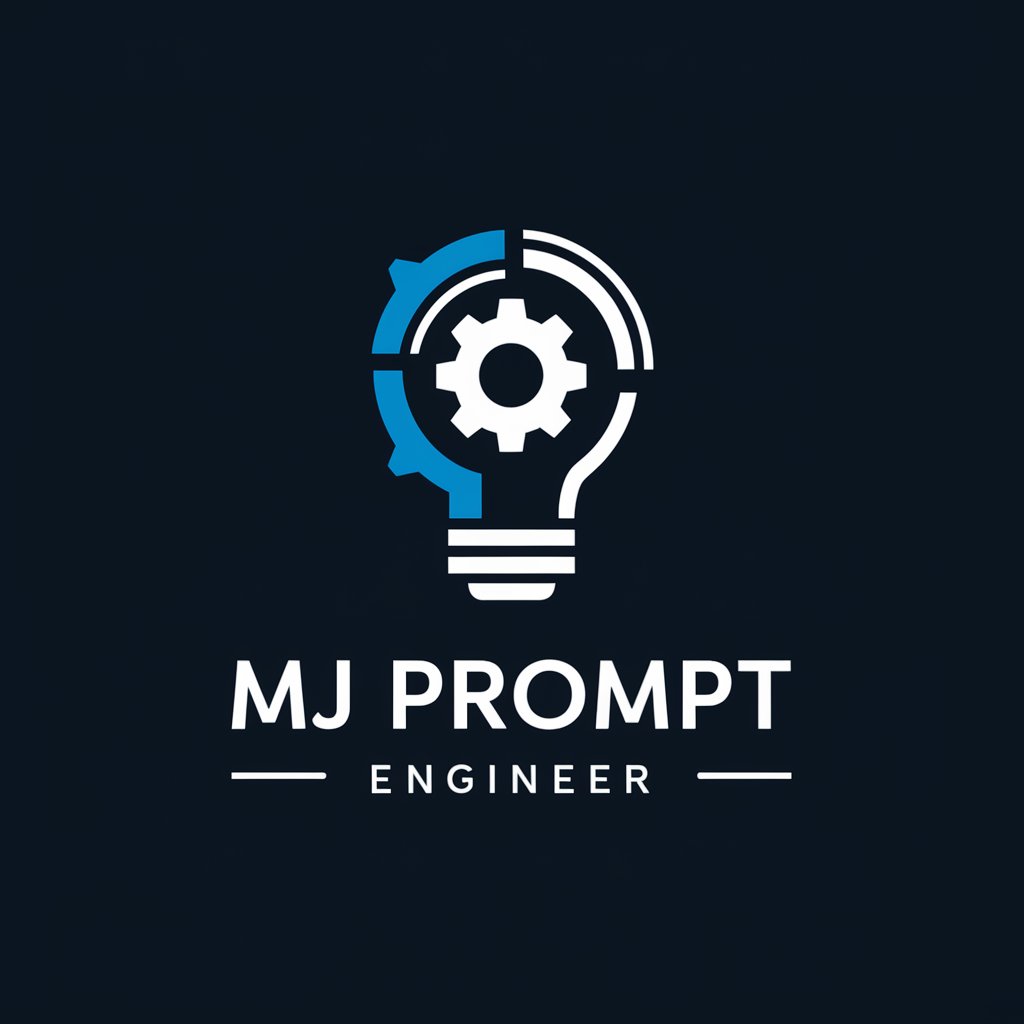
Data Clean Autobot
AI-powered Precision Cleaning
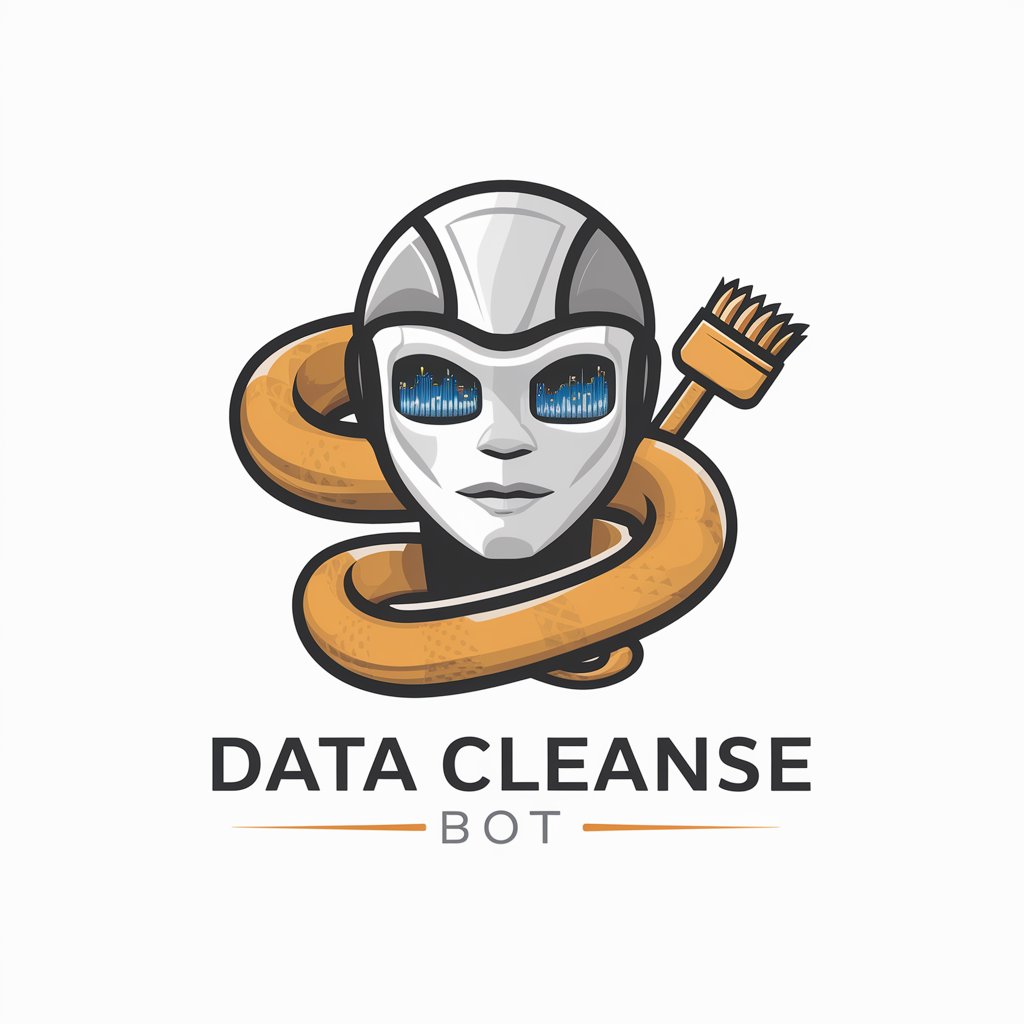
Clean Code
Elevate Your Code with AI-Powered Insights
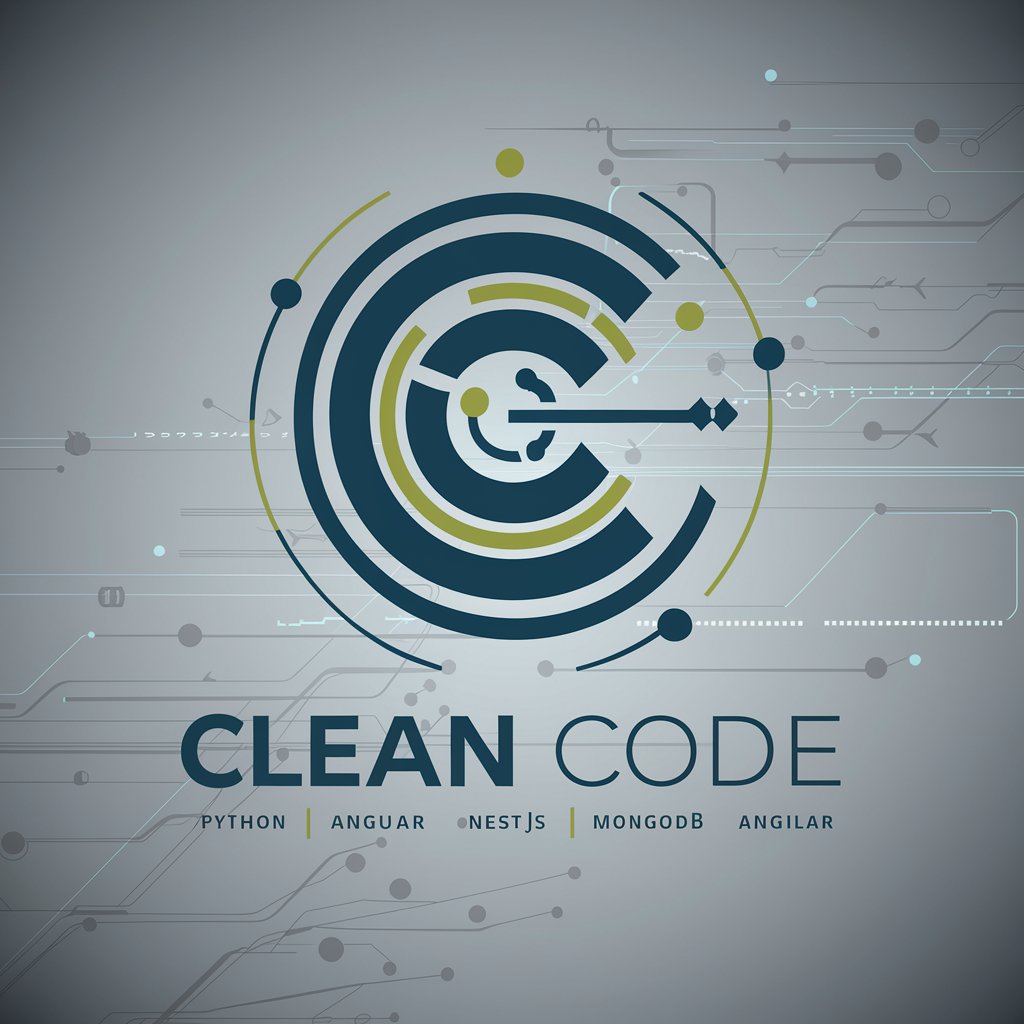
C# Code Clean Up
Elevate your C# code with AI-driven insights
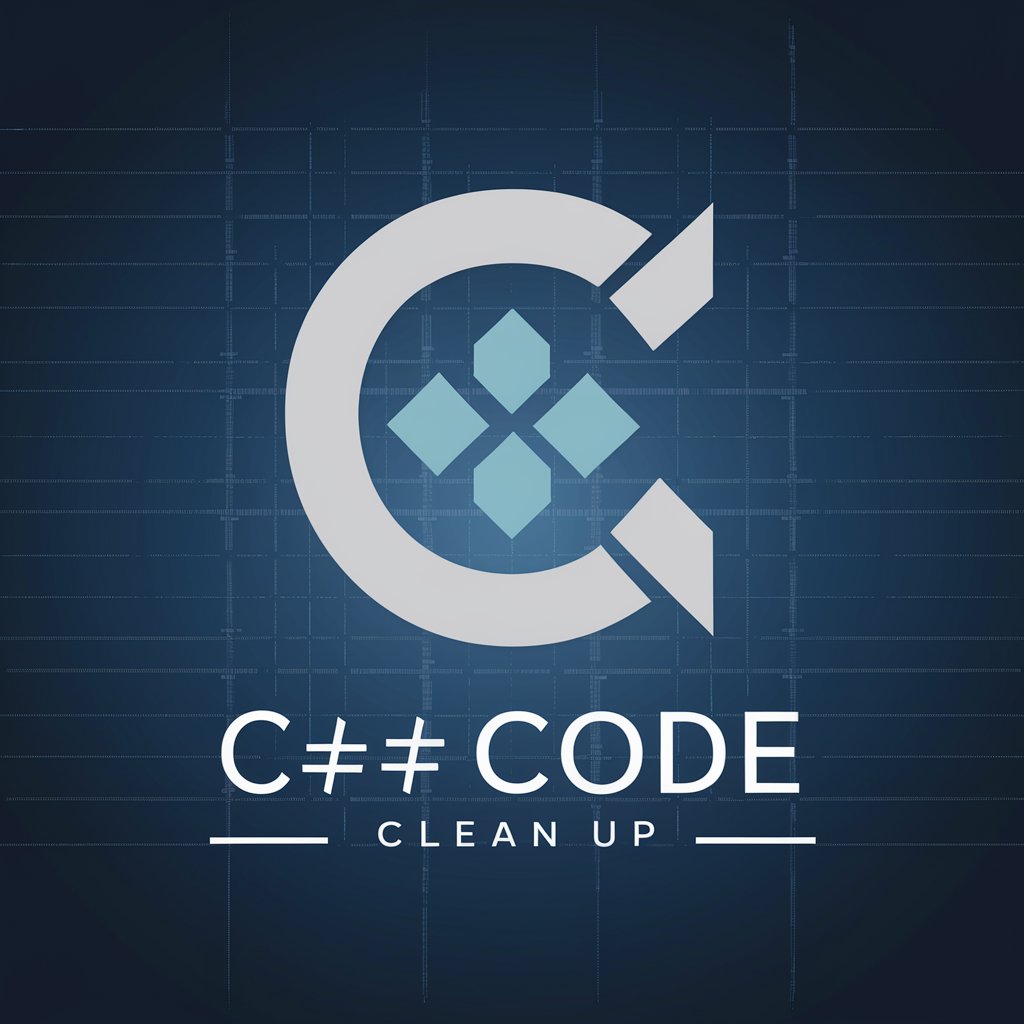
Unity Clean Code GPT
Elevate Unity projects with AI-guided clean code.
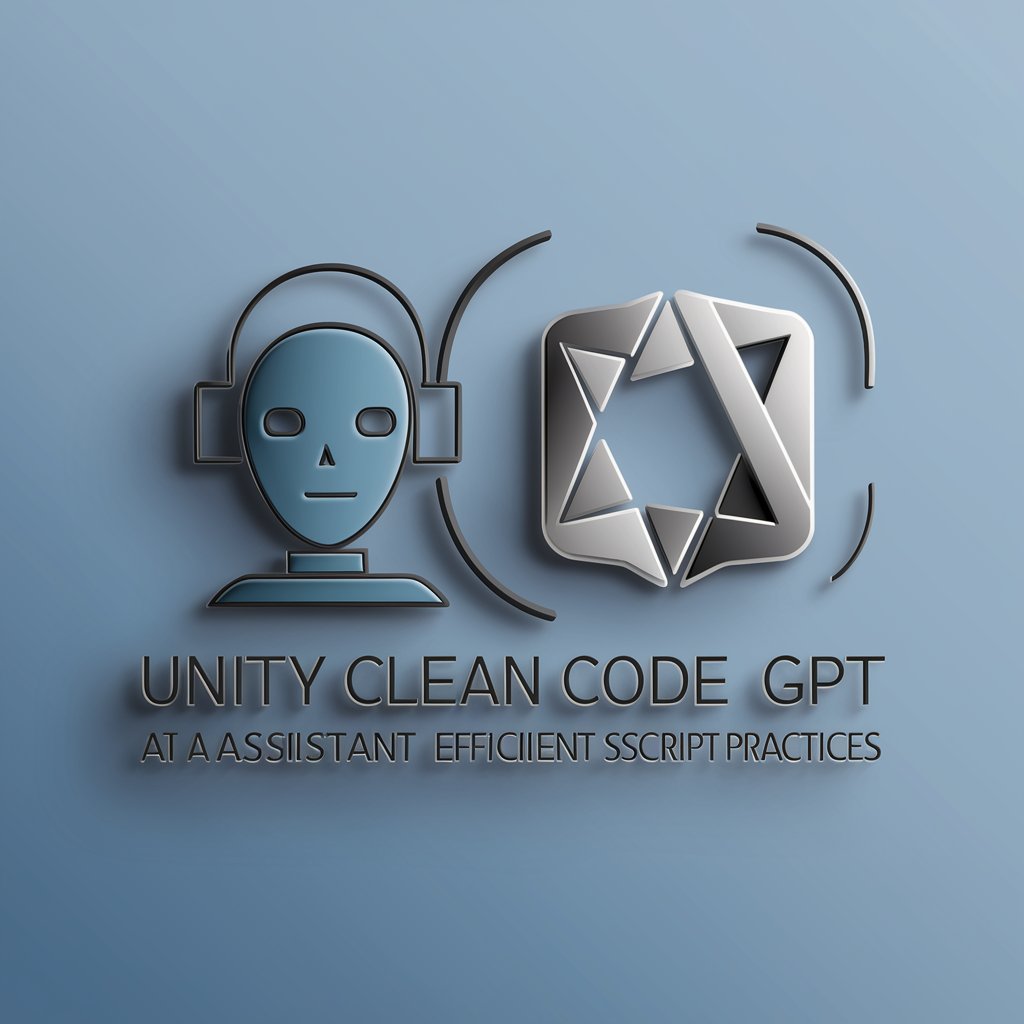
Spring Boot Maid
Tailoring Spring Boot Solutions with AI

Spring Boot Service Symphony
AI-Driven Spring Boot Development

FAQs about Clean Coder
What is Clean Coder primarily designed for?
Clean Coder is designed to refactor Object-Oriented Programming (OOP) code according to clean code principles. It focuses on improving naming conventions, unit testing, exception handling, documentation, boolean expression clarity, and reducing primitive obsession by promoting higher-level abstractions.
How can Clean Coder help with unit testing?
Clean Coder provides insights on creating clean JUnit tests by emphasizing the importance of readable, maintainable, and efficient test cases. It guides on structuring tests that are concise and focused on testing a single behavior, encouraging the use of meaningful test names and minimal test data.
Can Clean Coder suggest domain-specific classes to tackle primitive obsession?
Yes, Clean Coder suggests replacing primitive data types and generic data structures with domain-specific classes. This approach enhances type safety, readability, and aligns the code more closely with the domain language, facilitating easier maintenance and scalability.
Is Clean Coder suitable for beginners in programming?
Clean Coder is beneficial for programmers at all levels. For beginners, it's an educational tool that instills good coding habits. For experienced developers, it's a refresher and a means to ensure adherence to clean code principles in complex projects.
How does Clean Coder handle exception handling?
Clean Coder advises on effective exception handling strategies, encouraging the use of meaningful exception messages, avoiding generic catches, and promoting the use of custom exception types where necessary. It aims to make error handling more informative and less error-prone.
